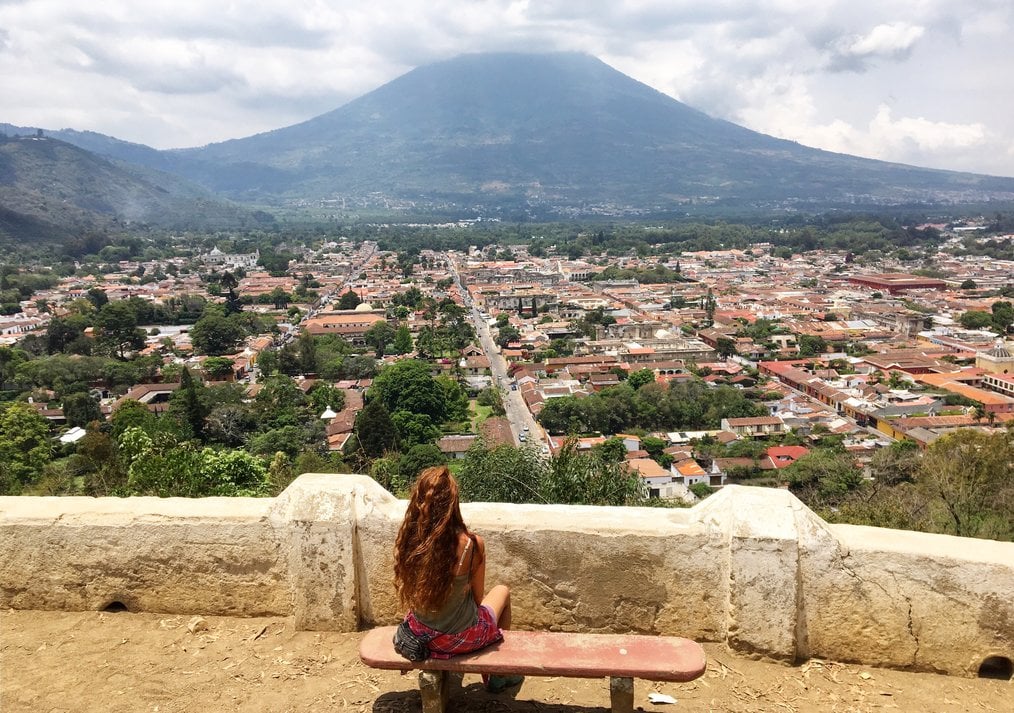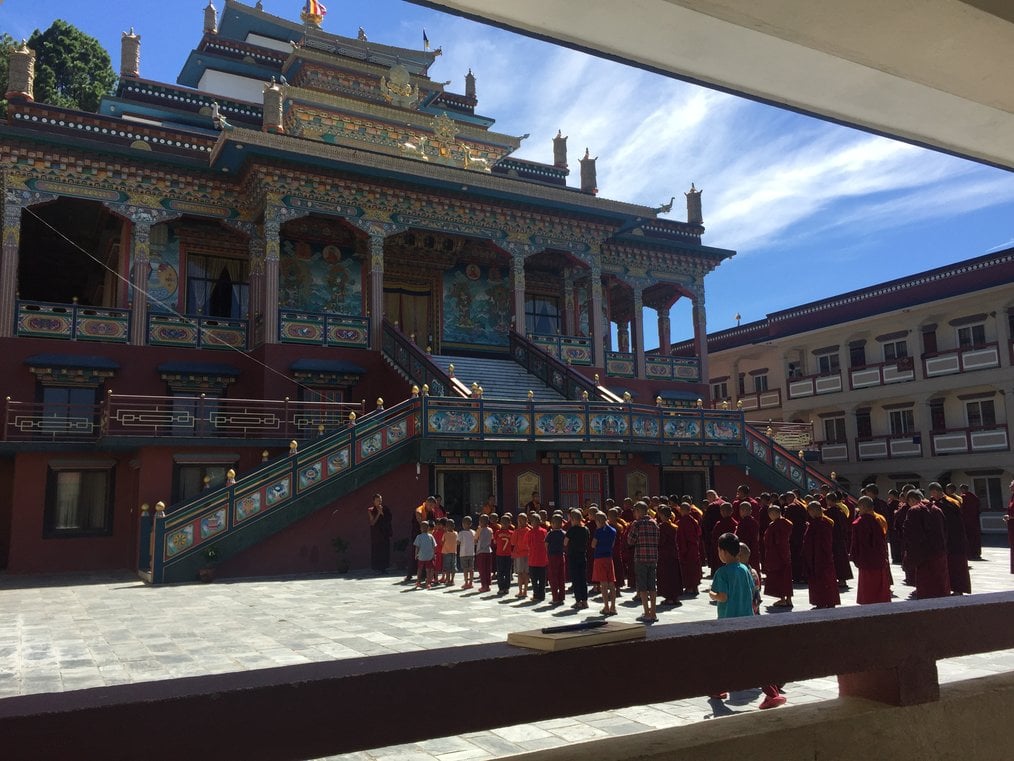What It Means to Be a Culturally Sensitive Traveler
Culturally sensitive travelers respect the social norms and etiquette of their chosen destination. Become a more culturally sensitive traveler by following these simple tips.

You’ve booked your tickets, bought your guidebook, packed your bags, and are ready to go on your next adventure! There’s just one more step before you depart: going over the etiquette of the place you’ll be visiting so that you’ll be a culturally sensitive traveler.
But what does "Be a culturally sensitive traveler" even mean?
At its most basic level, being a culturally sensitive traveler is being polite according to the rules of the country you’re visiting so that you don’t offend people. More than that, though, cultural sensitivity is an important component of sustainable tourism.
When travelers visit a destination, they tend to stand out. How they behave makes the difference of whether they stand out in a good way or a bad way, and that in turn influences how local people feel about tourists. When travelers are culturally sensitive, local people are more inclined to see visitors as being a positive influence on their community -- which means that culturally sensitive travel is a critical element for the long-term sustainability of a destination.
Here are a few easy ways to become a more culturally sensitive traveler on your next trip.
You Learn Basic Polite Expressions in the Local Language
Nothing says basic politeness better than being able to speak a few words of the dominant language in the country you visit. For example, learning "hello," "please," "excuse me," and "thank you" can go a long way to show locals you encounter that you're respectful and sensitive to the impact your visit has on their lives.
Even if you’ve only mastered a few key words, it can make all the difference in terms of establishing rapport with the locals you encounter. Pack your phrase book, learn the key words you’ll need to get by, and start chatting!
You Learn Local Table Manners

Trying local food is one of the highlights of any trip, but it can bring a whole set of unexpected questions.
Which hand do you eat with?
What utensils should you use, and how should you use them?
Should you use utensils at all?
Should you expect to sit in a chair, on a low stool, or on the floor?
Learn what you can ahead of time, but if you find yourself confused, ask questions. People are generally happy to explain how things work if you ask nicely. You might even find that sharing a meal is one of the easiest and best ways of getting to know people and the place they live.
You Clean Up After Yourself
This one should go without saying, but don’t leave a mess behind you when you travel. When you drink a bottle of water or eat a snack while you’re out and about, make sure that you dispose properly of any trash that you generate.
This is doubly true if you’re visiting a natural area or monument. The expression "leave no trace" is common for travelers who enjoy the outdoors, and you should travel with this mantra in mind. If you’ve traveled hundreds of miles to see something, do your best to keep it nice for yourself and fellow future travelers.
You Dress According to Local Norms
Every country has its own style of dress and its own set of guidelines as to what’s considered acceptable to wear in public. As a foreigner, you’re not necessarily expected to follow the local dress code to the letter, but it’s a good idea to at least know what it is.
Look at the people around you, and notice how tight or loose or long or short their clothing is, and try to emulate their overall style. This will help you blend into the crowd, and it will also make sure that when you talk to people, they’ll be focused on you rather than on the way that you’re dressed.
You Respect the Etiquette for Visiting Holy or Cultural Sites

Every country has places that are important for religious, cultural, or historical reasons. These are often the places that you most want to see as a traveler, but because these places are so important it’s a good idea to be extra attentive to social and cultural norms when you visit.
In some cases, dress codes apply at holy sites that don’t necessarily apply elsewhere -- for example, in Cambodia, there’s no particular dress code for exploring the city or wandering around the markets. However, at the holy site of Angkor Wat, you won’t be sold a ticket to visit the famous temples if your clothing doesn’t cover your shoulders, your knees, and everything in between.
Be Kind & Pay it Forward
These tips seem simple, but they’ll go a long way to helping you get along well in the country or countries that you’re traveling to. And the more culturally sensitive a traveler you are, the more you’ll be paving the way for other travelers to explore the world and enjoy the same destinations.
